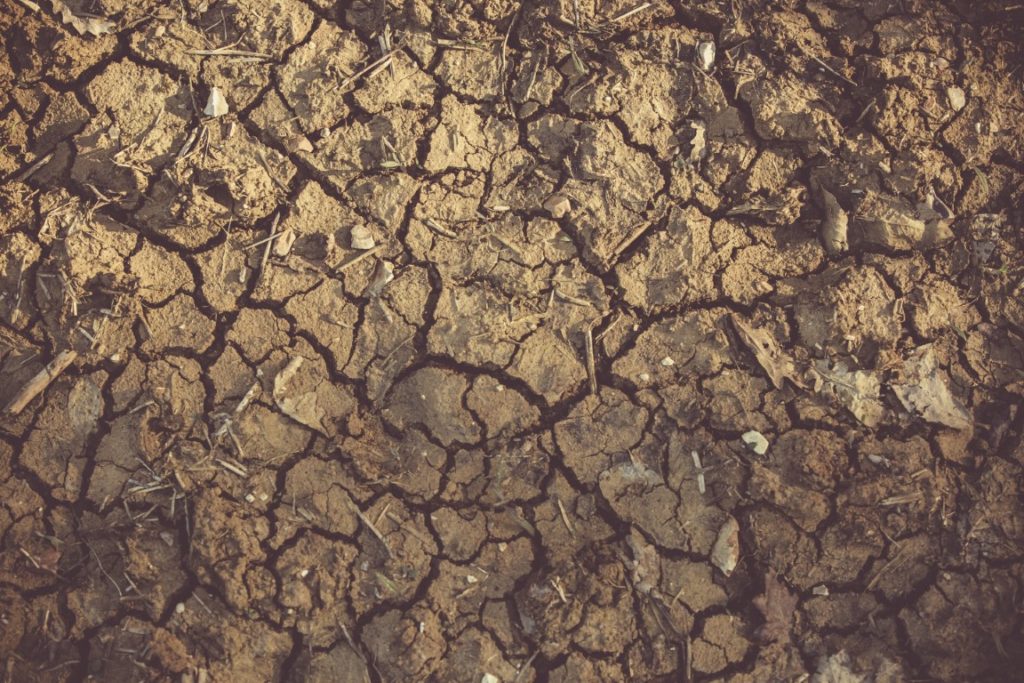Last week we looked at statistics and the impact of drought. Today, we look at the future and managing this crisis.
The emotional effect of drought is just as devastating
Agri SA’s 2018/2019 Drought Report mentioned in Part 1 mentions the emotional effect that drought has on farmers. The report noted that “more than 50% of respondents [to the survey of their members] also indicated some form of depression.” Sadly, this is not an issue unique to South African farmers. For example, in an article titled, How young farmers are finding innovative ways and fresh energy to deal with drought, young NSW farmers tell their stories of survival. In the article, James Cleaver mentions drought as a contributing factor to farmers taking their own lives. A story we see in South African newspapers far too often. The financial strain alongside the suffering and death of farm animals is devastating. Then, on top of that, farmers who cannot continue to farm as they did before must let employees who depend on their work in agriculture, go. It is no wonder that the pressure of drought takes its toll and leads to a less than positive attitude.
The attitudes of young farmers
But, as farmers know, there is always a way to the future. With a positive attitude, young farmers are now learning about drought and bringing new information home. By contrast, others are finding the advice of older farmers who have lived through trying times indispensable.
A young, fourth-generation farmer, Jack Carrigan says, “the stereotype of farmers constantly complaining about the weather is outdated and farmers are instead focused on being positive and getting on with the job.” Carrigan is confident that modern farming techniques and a more scientific approach will get him through the drought crisis. Additionally, he is also excited to have the opportunity to try to better himself in terms of water use efficiency.
Young South African farmers who are similarly looking at farming more profitably can look to companies like Oté. The company facilitates the process of buying fertiliser direct from importers. This saves farmers massively on input costs. Although not a traditional method of buying inputs, it certainly sits at the top of the list of things young farmers should try, especially during difficult times.
To end our overview of the attitudes of young farmers, we share a recent statistic on the drought crisis in NSW. According to The Guardian (2019), 97.2% of the country was still affected. One can only hope that young farmers have remained positive.
Drought statistics Part 1

